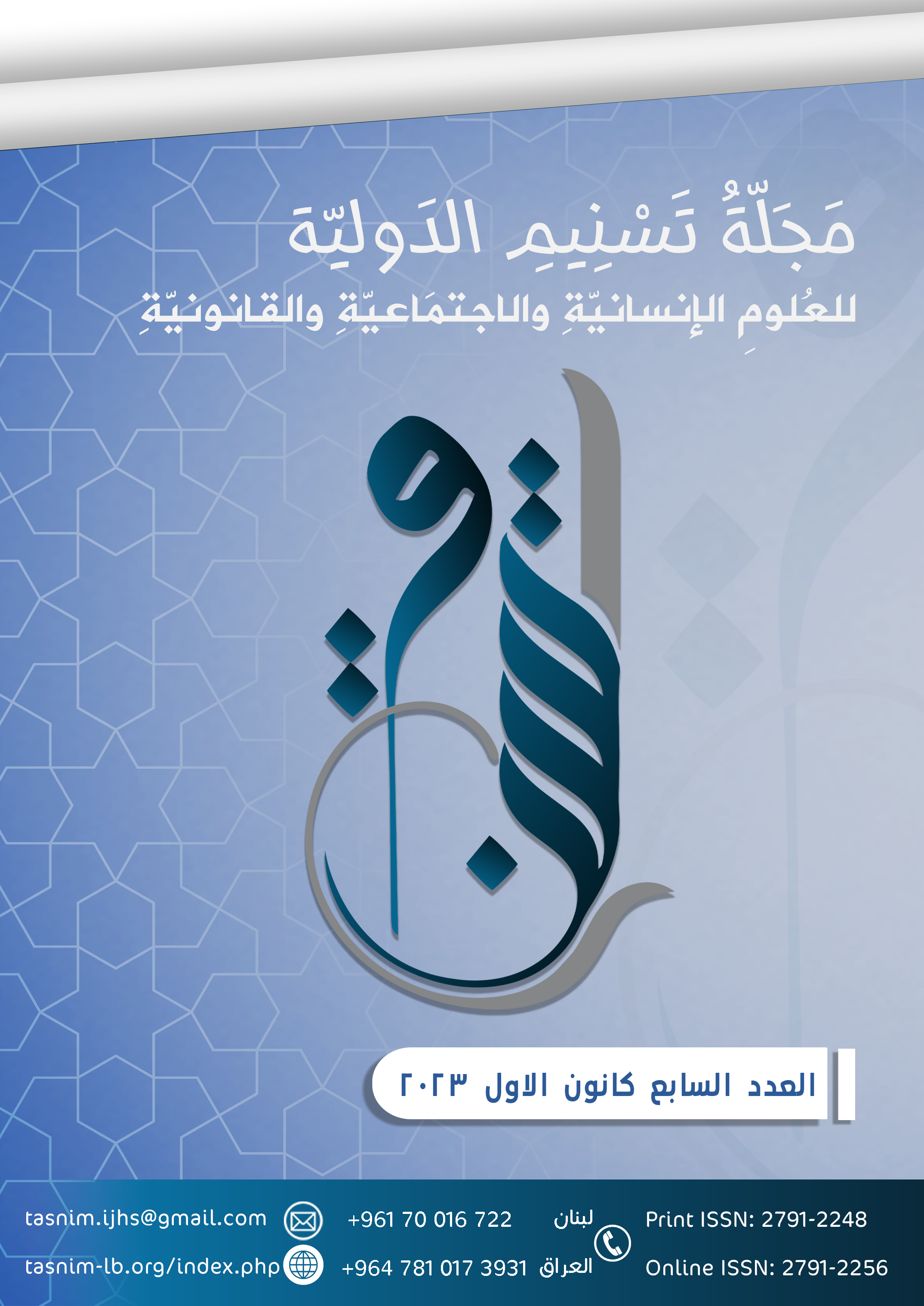توظيف اليات اللعب الابداعي في تنمية التفكير والاستعداد للتعلم لاطفال ذوي متلازمة داون
Abstract
This research aims to study the impact of employing creative play mechanisms in developing thinking skills and learning readiness in children with Down syndrome. Creative play is an effective educational tool that contributes to enhancing children's cognitive and social abilities by providing an environment that stimulates imagination and innovation. Children with Down syndrome face mental and social challenges that may hinder their learning and cognitive growth, which highlights the importance of this research in seeking innovative solutions to improve their skills through play as an educational method. The study was applied to a group of children with Down syndrome, where specialized creative play programs focusing on social interaction, problem-solving, and critical thinking were used. The results were assessed using approved educational and psychological measures to observe changes in the level of thinking and learning readiness among the participating children. The study's findings revealed that employing creative play mechanisms significantly helped improve thinking abilities and increase social interaction in children. Additionally, an improvement in their learning readiness was observed through enhanced focus, attention, and problem-solving abilities. These results indicate the importance of integrating creative play as part of educational curricula designed for children with Down syndrome. The research recommends continuing to study the long-term effects of these mechanisms and developing educational programs that cater to their specific needs, thereby enhancing their chances of achieving tangible progress in educational and social fields.
Downloads

Downloads
Published
How to Cite
Issue
Section
License
Copyright (c) 2023 Tasnim International Journal for Human, Social and Legal Sciences

This work is licensed under a Creative Commons Attribution-NonCommercial-NoDerivatives 4.0 International License.





